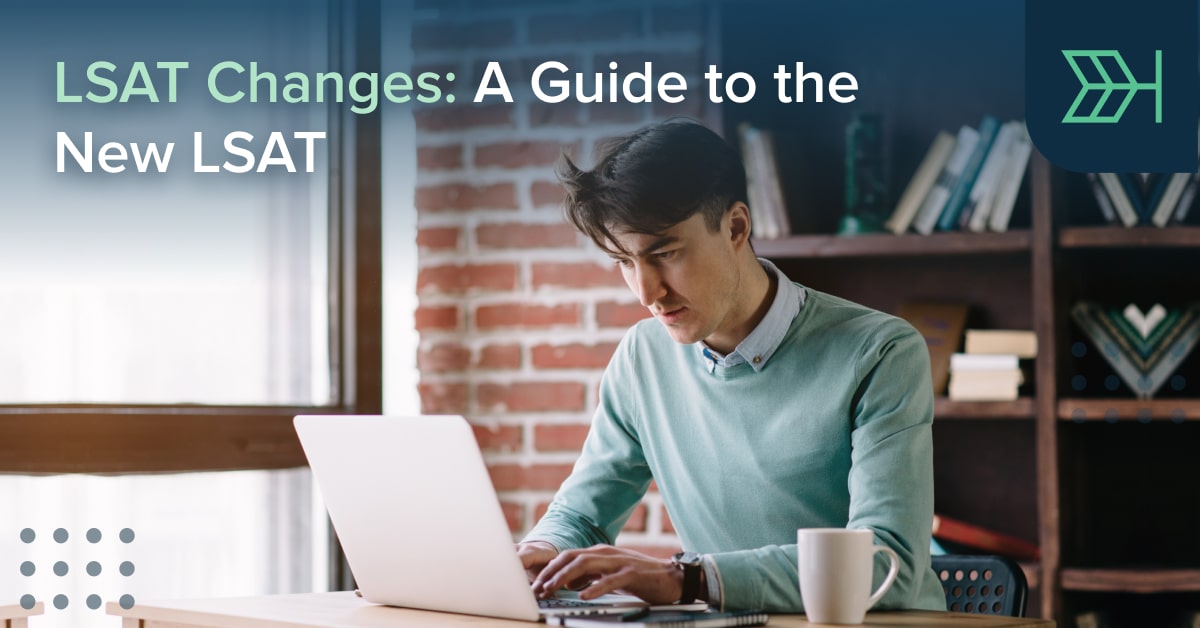Do a lot of reading
Building a massive vocabulary is a crucial aspect of learning English. A large vocabulary will assist you in writing and speaking English, as well as in listening to and reading English. Reading a lot of English-language content is the best approach to expanding your vocabulary. This is because you can see the words and phrases in context. This means you’ll be more likely to recall various terms and phrases, as well as have a greater knowledge of how they’re actually used. The internet is a fantastic resource for finding free reading materials. Computers also provide capabilities that can assist you in comprehending a text. Try to find reading materials that engage your attention. This means you will be ‘interested’ in those texts and thereby be ‘interested’ in decoding the meanings of the words too!
Listen to Audio & Watch Videos
Listening to others use a new word is the best method to learn how to use it yourself. You may watch television shows, news networks, movies, Youtube clips, group chats, and talk shows, among other things. You can also listen to audio files like podcasts, songs, radio stations, and so on, which use a more standardized version of English. Most importantly, watch or listen to things that interest you so that you do not become bored and abandon your objective to learn the language.
Search for New Words
While it is recommended to read books and periodicals and watch TV shows to acquire new vocabulary, it is also necessary to look up academic terms you don’t understand. Many people tend to ignore difficult and unfamiliar phrases, assuming that they will not be needed in their daily lives or exams. However, make it a habit to look up words that you are unfamiliar with, especially if they are difficult to read, spell, or write. The more effort you put into understanding the meaning of a vocabulary item and how it is used, the more likely you are to retain it in your memory.
Keep a Notebook
Having a notebook to jot down new academic vocabulary and its definitions may seem a little archaic, but it may help you comprehend those words better. Besides, as the exam approaches, you can use the book to review the written words. That’s a far better option than scrambling to find new word sources the night before the exam. You can also try using pocket notebooks or sticky notes to make this process more fun. These will help you revisit more recently acquired words.
Keep a Dictionary
Keeping a tiny pocket-sized dictionary with you will be as helpful as it is fun. Whenever you come across a new term, you can first try to guess its meaning from the surrounding information and then check out the dictionary. Do pay attention to the other inputs the dictionary provides for a word than just its meaning. If you’ve never taken the time to study new vocabulary in this way before, now is the time to start.
Read Newspapers
Reading newspapers, specifically, is a good idea because it will familiarize you with the kind of vocabulary that is used in the IELTS test. You can access articles on a daily or weekly basis by subscribing to a daily or weekly paper offline or online. While reading articles, make a note of any academic terms you are unfamiliar with and pay close attention if you learn of a new method to use a word. Then look up the definition of the term in your dictionary and note it down in your notebook. Learn the terms that have been highlighted and review them once or twice a week. This will help you understand Reading passages and write on several IELTS topics.
Try Vocabulary Apps
Nowadays, everyone has a smartphone, and there is a plethora of apps available on the Google Play Store and other app shops that can assist you in improving your language skills. For starters, we recommend using the Ultimate English Vocabulary Prep App, which includes not just word understanding but also activities, explanations, and synonyms that can engage your attention and help you acquire new words at a steady pace. The reason we recommend using Android apps to improve your IELTS speaking vocabulary is that you may use them in your spare time and acquire new words without having to put in too much conscious effort. This helps save time for your studies/work and the other parts of your prep. The vocab app doesn’t even have to be included in your schedule!
Use YouTube
We frequently rely on YouTube for enjoyment but often fail to realize that the platform hosts several useful learning channels too. Many channels feature videos on English vocabulary, including how to pronounce academic words and use them in different contexts.
It is not simple to learn 2000 complex words that are required for your IELTS Writing vocabulary, and you can end up memorizing them without knowing how to use them. Such flaws later become evident in your speech and writing too. Focus on just 100 to 200 new words, and dedicate time to learn them adequately.
Practice
Once you take measures to learn new words, the only thing left to do is to put them into practice.
Choose any Speaking topic or question that has recently been asked in the exam. Then, for 2–3 minutes, try speaking on the topic using the terminology you’ve lately learned. Record yourself as you do this. You should avoid exaggerating sentences just to use one advanced word you have learned. And make sure the vocabulary you use fits your language level in general so that it doesn’t sound rehearsed or memorized. However, do try to think of different vocabulary you can use to avoid repeating the same words often. This is not about repeating the same ideas but bringing variety into your active vocabulary. As you review your recorded response, also see how you could have used different words or phrases to express yourself better.
This applies to the Writing tasks as well. Practice writing on various topics and compare your responses to high-score sample responses to see how you could improve. Look out for repetition and wordiness in your writing so that you can avoid them in the future. Check whether you have used a variety of adjectives and adverbs and whether you have used vocabulary effectively and precisely.
Remember—vocabulary is not just about using difficult-sounding words. Rather, it is about having a wide range of words and phrases that you can use organically in your language.
Don’t Memorize
You can use a word in a variety of settings that do not all mean the same thing. The rationale is simple: while learning a word is straightforward, the same term may not always have the same precise meaning in different contexts. To understand this, look at homophones, which are words that have the same spelling and sound but various meanings. “Bear”, depending on the context, can refer to the animal “bear” or the verb “to bear”, which in turn can mean “to endure” or “to carry”. Furthermore, some words are closely aligned with each other in meaning but cannot replace each other. For example, though “deep” and “profound” have similar meanings, the usage of “a profound hole” (instead of “a deep hole”) is inappropriate.
Sometimes It’s the Simple Things
Vocabulary-building is so widely termed a Herculean task that we lose out on the simple ways in which we can showcase a varied vocabulary. Just think of how many times you use the word “but” to indicate contrast and how rarely you use words like “nevertheless” and “however”. Do you rely on simple connectors like “firstly” and “secondly” instead of coming up with more effective transitions from one paragraph to another?
Here is a list of connectors for you to try and incorporate into your language. Make sure you also look up how to use them correctly!
- To introduce or add ideas: to begin with, firstly, in addition to…
- To show contrast: but, however, in spite of, on the other hand, nevertheless, nonetheless, in contrast, on the contrary, still, yet
- To indicate causes and conditions: since, because of, while…
- To indicate effect and result: consequently, as a result…
- To provide additional support: additionally, again, also, and, as well, besides, equally important, further, furthermore, in addition, moreover, then
- To give examples: or example, for instance, namely, specifically, to illustrate
- To conclude or summarize: finally, in a word, in brief, briefly, in conclusion, in the end, on the whole, thus, to conclude, to summarize, in sum, to sum up
- To indicate time: after, afterward, before, currently, during, earlier, immediately, later, meanwhile, recently, simultaneously, subsequently, then
- To emphasize: even, indeed, in fact, of course, truly
Phrases Count Too
Effective usage of phrases is also a marker of good, spontaneous vocabulary. For example, take the verb “look”. By adding “for” to this verb, we get the phrase “look for”, which means “to search”. To give a couple of other examples, “Look down upon” means “to treat with contempt”, and “look out for” means “to be alert to something”. These are just some of the phrases that can be used and that too, by taking just this one verb as an example. There is a huge range of phrases that you can interweave into your writing or speech, provided you learn how to use them correctly.




